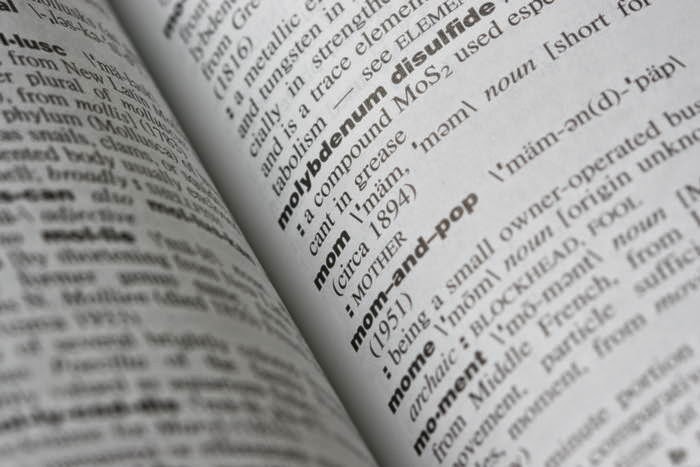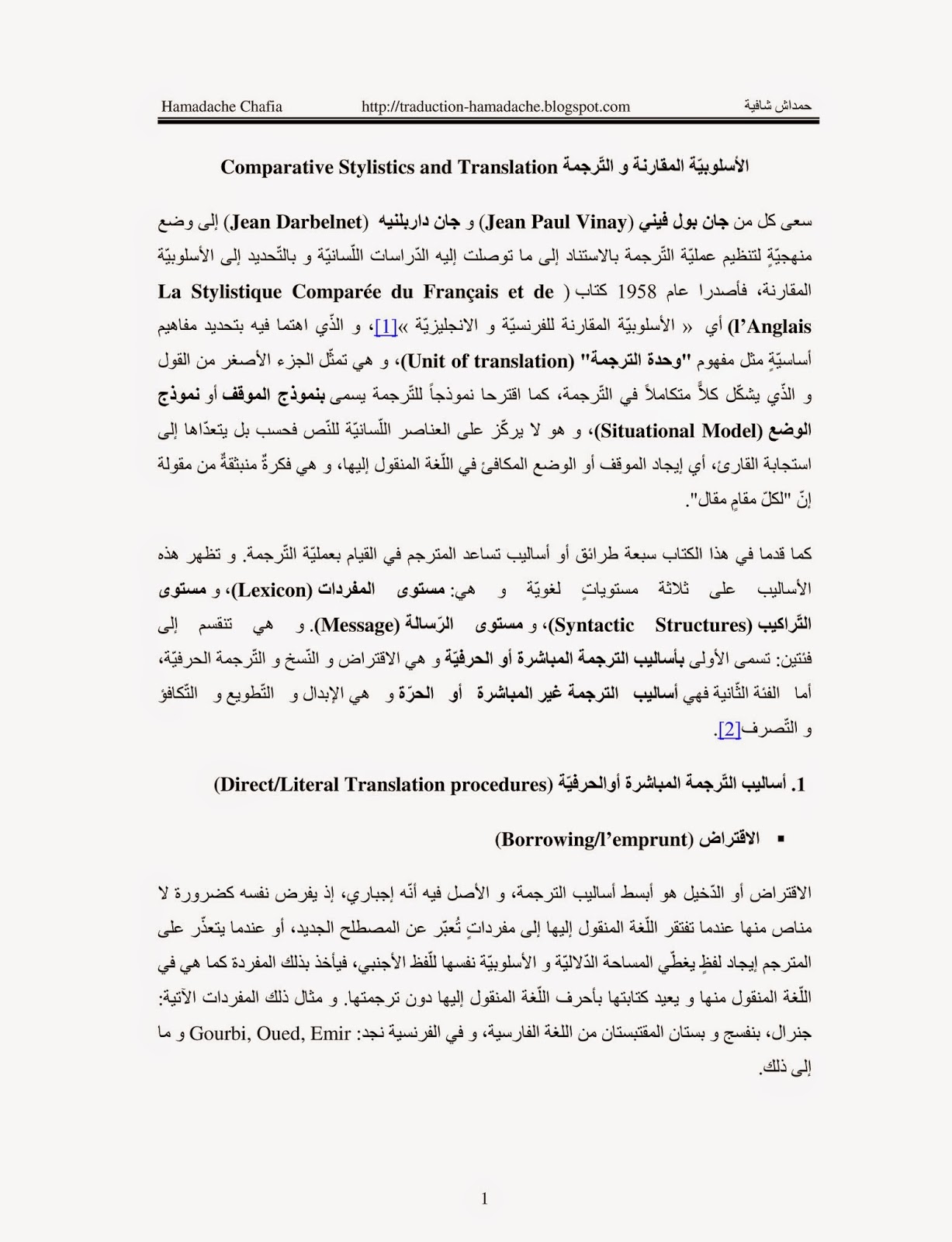Interesting Words That Don’t Translate
It was
Rudyard Kipling who said that words are the most powerful drug of mankind. But
unlike more conventional drugs, certain words have no use once they cross the
border. Cultures make language in their image, and sometimes there are
linguistic “reflections” in one language that simply don’t find their partner
in another. Enter these fantastic words, each of which encompasses feelings and
emotions that the English language can only use entire phrases to define.
Toska,
Russian
Though the word can roughly be translated as sadness or melancholy, author Vladmir Nabokov had much more distinct description of the endearing term:
“No single word in English renders all the shades of
toska. At its deepest and most painful, it is a sensation of great spiritual
anguish, often without any specific cause. At less morbid levels it is a dull
ache of the soul, a longing with nothing to long for, a sick pining, a vague
restlessness, mental throes, yearning. In particular cases it may be the desire
for somebody or something specific, nostalgia, love-sickness. At the lowest
level it grades into ennui, boredom.”
Mamihlapinatapei,
Yagan (language of Tierra del Fuego )
This word is
mentioned in the Guinness Book of World Records as the most succinct word, and
is also considered the hardest word to translate. Roughly, it means “the
wordless, yet meaningful look shared by two people who both desire to initiate
something but are both reluctant to start”.
Litost, Czech
This simple Czech word that packs a heavy punch. That is, of course, if you can understand it. Expressing his frustration with this, author Milan Kundera wrote “Litost is an untranslatable Czech word. Its first syllable, which is long and stressed, sounds like the wail of an abandoned dog. As for the meaning of this word, I have looked in vain in other languages for an equivalent, though I find it difficult to imagine how anyone can understand the human soul without it.” Its closest translation means a state of agony and torment created by the sudden sight of one’s own misery.
Tartle,
Scottish
This crafty—and almost onomatopoetic—little Scottish word refers to the hesitation when first introducing someone because you have forgotten their name.
Ilunga, Bantu
The Bantu word
means a person “who is ready to forgive and forget any first abuse, tolerate it
the second time, but never forgive nor tolerate on the third offense”. In a
survey of 1,000 linguists, “ilunga” was voted the world’s most difficult word
to translate.
Cafuné,
Portuguese
The act of romantically running one's fingers through spmeone's hair.




Commentaires
Enregistrer un commentaire